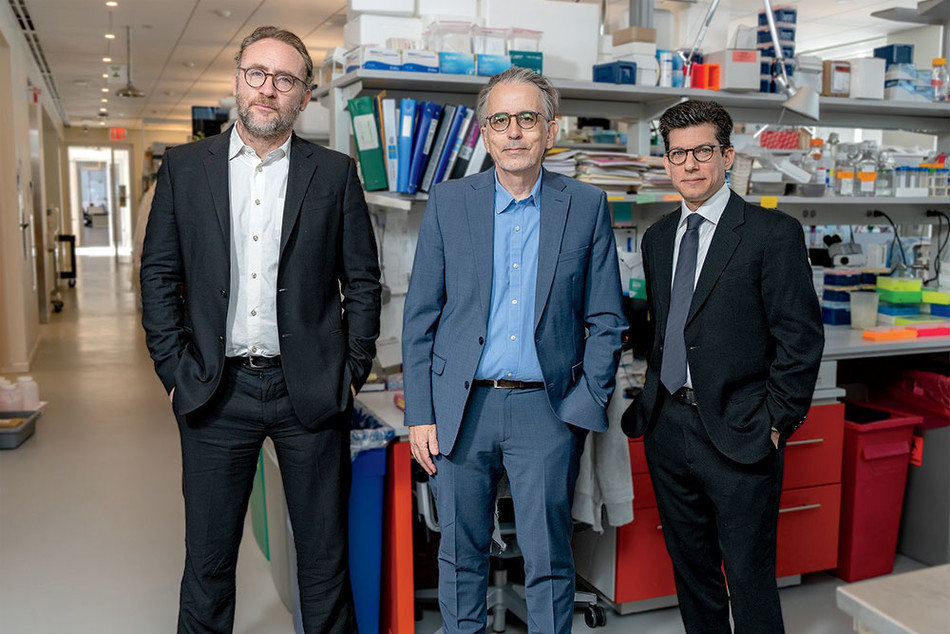Columbia University recently announced the establishment of the Stavros Niarchos Foundation (SNF) Center for Precision Psychiatry and Mental Health, which will support research into the causes of mental illness and catalyze the development of more precise methods of diagnosing, treating, and preventing conditions like schizophrenia and bipolar disorder.
The SNF Center was created with a $75 million grant from the Stavros Niarchos Foundation, an international philanthropic organization based in Greece. It is a joint effort of Columbia’s psychiatry department, based at the Vagelos College of Physicians and Surgeons, and the University’s Zuckerman Mind Brain Behavior Institute. The New York State Office of Mental Health and the Columbia-affiliated New York Genome Center are also key partners in the initiative.
The new center will be led by three Columbia professors who have already made major contributions to our understanding of mental illness: the psychiatrist Sander Markx, who has shown that schizophrenia and other forms of psychosis can be caused by hard-to-detect yet treatable autoimmune conditions; the psychiatrist Steven A. Kushner, who has discovered that postpartum psychosis can be prevented in women with a history of mental illness if the mood-stabilizing drug lithium is given soon after childbirth; and the neuroscientist Joseph Gogos, who has done pioneering research on the genetic architecture and neurophysiology of schizophrenia.
The Columbia professors, who are serving as codirectors, say that the SNF Center will bring together scientists from across the University to conduct interdisciplinary studies into the root causes of mental illnesses. Participating scientists will then work with Columbia clinicians to develop diagnostic tools and treatments tailored to patients’ unique genetic profiles, metabolic characteristics, and neurobiology. “With this extraordinary support from SNF, we are poised to build on the accelerating progress in psychiatric genomics, neuroscience, artificial intelligence, and stem-cell biology to revolutionize the treatment of mental illness,” wrote Markx, Kushner, and Gogos in a joint statement.
The codirectors say that improving psychiatric care for members of underserved groups is among the center’s top priorities. “We are fundamentally committed to helping combat stigma and discrimination against people living with mental illness and realizing improved mental-health care for all,” they wrote.



